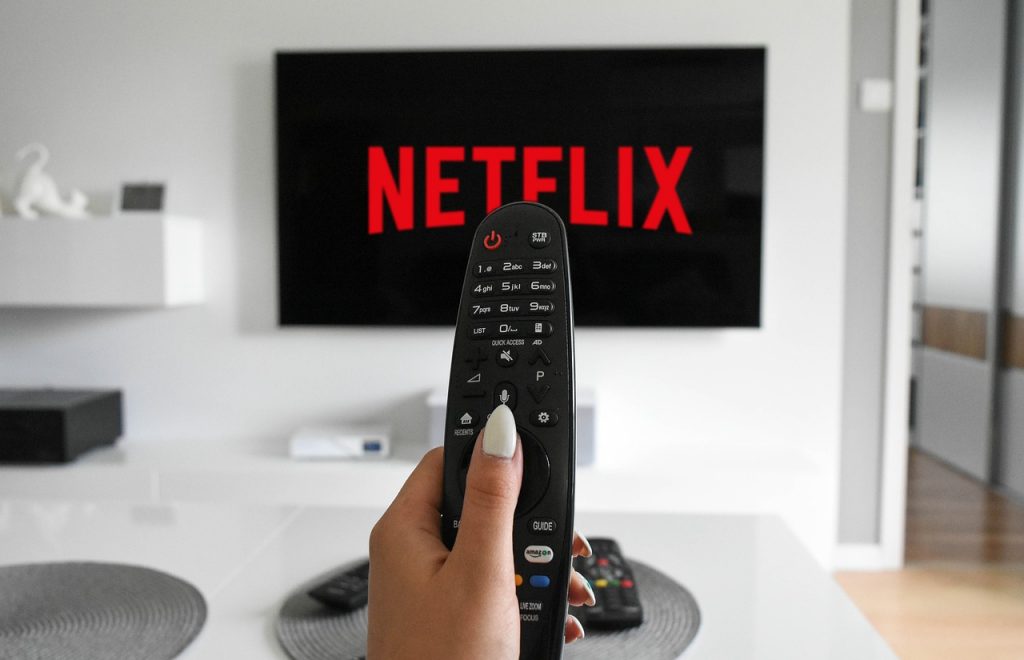Streaming Has Officially Killed Cable TV?
Cable TV viewership has been on the decline for years, however, streaming may have officially killed it off for good.
This article is more than 2 years old

It might be no surprise that Americans watch more streaming shows than cable TV. But, that milestone was just surpassed this month, with many anticipating this outcome years ago. The figure showcases a humungous transition from cable watching to online streaming subscriptions, a type of viewing that picked up tremendously during the pandemic.
In July, streaming went up by 23% since 2021. People streaming TV shows accounted for 34.8% of overall television consumption. While online watching grew over the past year, cable TV viewing depleted. Cable TV made up 34.4% of television consumption in 2021, while broadcast viewing amounted to 21.6%. Both types of television watching were down by 10% since last July.
Though streaming has surpassed broadcast viewership before, this is the first time in American history that streaming has overtaken cable. Netflix, Hulu, and YouTube were the three main components of why streaming was so popular over the last year, with Netflix gaining international success from Squid Game and the latest season of Stranger Things. This outcome is not surprising since many television networks and production companies like NBC and Paramount are transitioning to subscription-based viewing services. As more streaming services pop up cheaper than cable, the likelihood of higher streaming viewership continues to increase.
Though streaming has become the TV-watching avenue of the future, subscription services that gained popularity throughout the pandemic are dipping in users. Disney’s Disney+ decided to raise its prices for its monthly subscription package after making abysmal quarterly earnings. Netflix similarly increased its monthly rate and decided to crack down on password sharing. As TV companies funnel millions of dollars into their streaming platforms, this alarming trend has unsettled the industry’s success.
Though new television shows and services have popped up throughout 2022, experts believe the “streaming wars” are now over. Michael Nathanson, a media analyst at MoffettNathanson, stated that the companies clamoring for a spot at the top of the streaming pyramid is a nonexistent battle since subscriber growth has ultimately subsided. Now, streaming services are attempting to maintain their revenue and their monthly subscribers instead of focusing on beating out their competitors.
TV streaming services are making unprecedented decisions in an attempt to maintain their monetary gains. HBO Max and Discovery+ will soon merge under the same parent company Warner Bros. Discovery, which has led to the impending removal of more than 36 titles on the former platform. The upcoming move is an alleged money-saving effort, where lesser-known titles are removed to reduce money on residuals. HBO TV shows such as “Camping,” “Vinyl,” “Mrs. Fletcher,” and “Run” will all be taken off the streaming service, though a final date hasn’t been announced yet. 20 original HBO Max shows will also be removed, including “Generation” and “Infinity Train.”
Though streaming services beat competitors like broadcast and cable TV, the industry is still turbulent and undetermined. As many subscription services are losing viewership, companies are attempting to raise prices to keep them from tanking financially. It’s unknown if another golden era of streaming is on the horizon or if a new, better viewing experience will be invented and overtake the industry.







